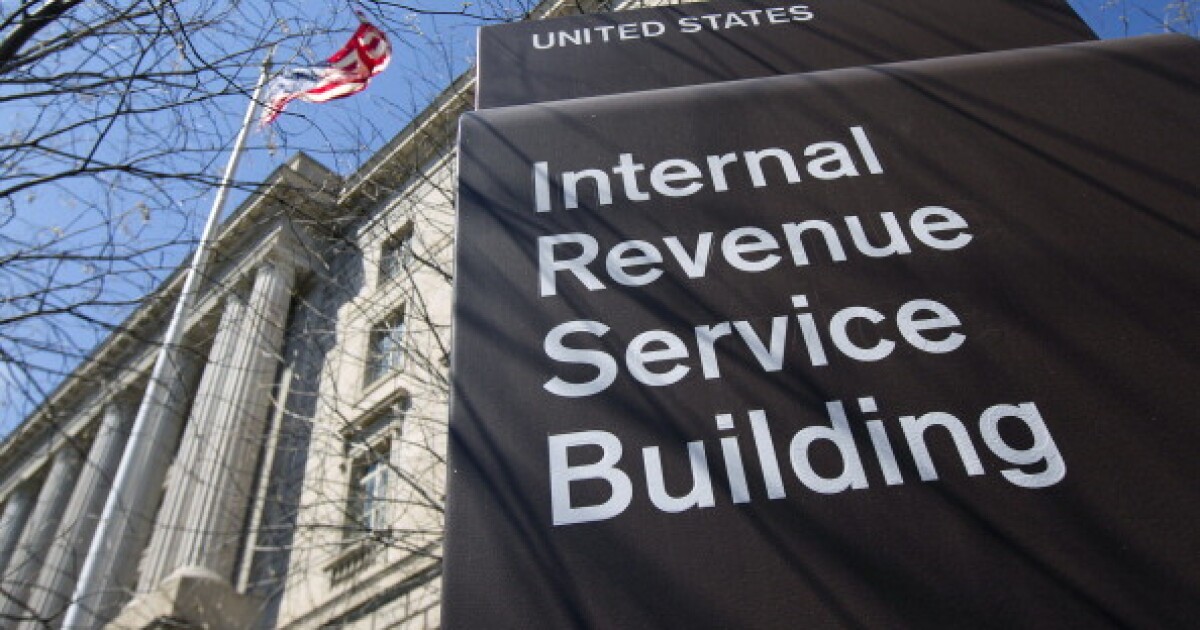Accounting
IRS underreported costs of Direct File pilot: TIGTA

Accounting
On the move: HCVT hired CAS co-leader
Accounting
Tech news: Karbon Practice Management evolves into Practice Intelligence
Accounting
Trump said to be open to lowering SALT cap in GOP tax bill
-

 Economics1 week ago
Economics1 week agoElon Musk says Trump’s spending bill undermines the work DOGE has been doing
-

 Blog Post6 days ago
Blog Post6 days agoCommon Bookkeeping Challenges and Solutions for Small Businesses
-

 Economics1 week ago
Economics1 week agoHow young voters helped to put Trump in the White House
-

 Accounting1 week ago
Accounting1 week agoHighest paid jobs in corporate accounting
-

 Economics7 days ago
Economics7 days agoWhy the president must not be lexicographer-in-chief
-

 Personal Finance1 week ago
Personal Finance1 week agoHarvard, Trump international enrollment battle affects college applicants
-

 Personal Finance1 week ago
Personal Finance1 week agoCrypto in 401(k) plans: Trump administration eases rules
-

 Finance1 week ago
Finance1 week agoVail Resorts, GameStop and more













